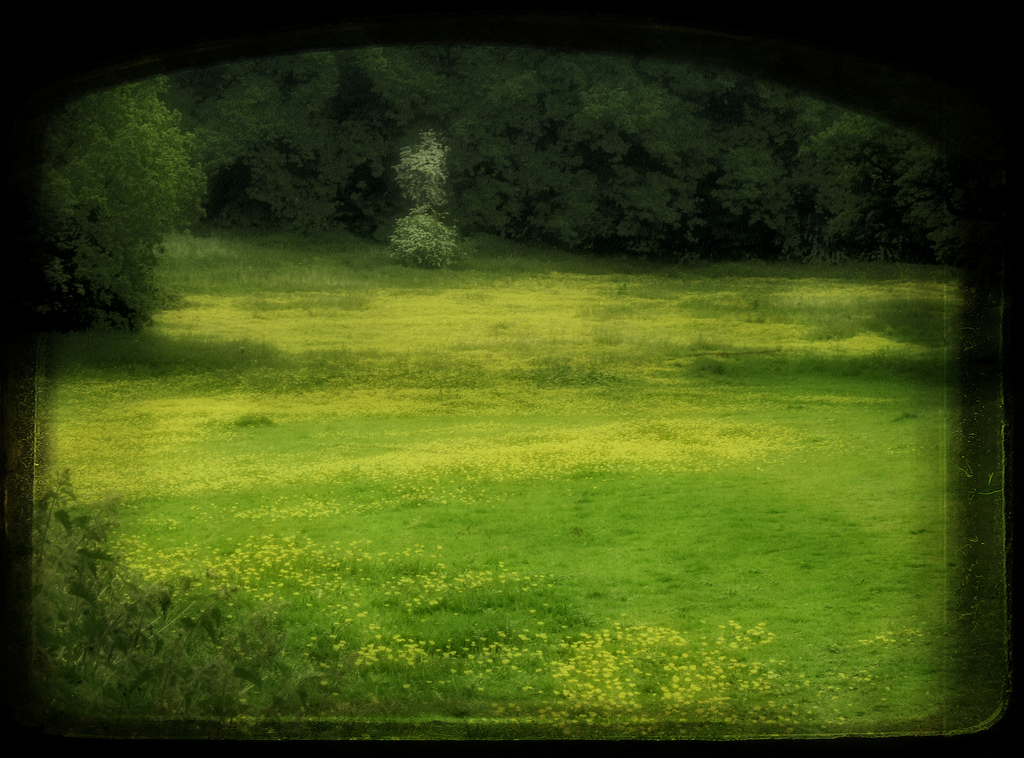Pleasure (and Happiness and Good Lives)
Philosophers known as hedonists, and probably some slightly more normal people as well, have held that pleasure is the only thing we desire in itself, that pleasure is the only thing good in itself, and that it is the only thing that makes a person’s life good. To evaluate these claims, we must distinguish three distinct types of pleasure: sensory, or the pleasure of a massage or caress; intentional, or taking pleasure in some object or activity, as when I take pleasure in a round of golf or in the new car that I own; and pure feeling, the warm glow we get when learning of some award or accomplishment. Philosophers these days often seek to reduce the first and third types to the second. Sensory pleasure is supposed to be simply a sensation we take pleasure in. But this will not do. We can have sensory pleasures that we take no pleasure in, if they are guilty or addictive pleasures. Then we have sensory pleasure but no intentional pleasure. And masochists take pleasure in sensory pains. Then they have intentional pleasure but sensory pains. Nor can the reduction go the other way, attempts at which used to be more common. We can take pleasure in various activities without having any particular sensations. The pure feeling type falls between the other two: it is a bodily feeling, but without specific location in the body, and it takes objects, as does the intentional kind.
Now we can ask whether any of these types fills the exalted bill of the hedonists. We sometimes do aim at sensory pleasures, as in sex, food, and music, and they are good. We might feel frustrated or impoverished without them. But unless we are Don Giovanni, Falstaff, or Mozart, they are not the cornerstones of a good life. Pure feeling pleasures or warm glows are far more rare and not aimed at directly. Intentional pleasures are more diverse and numerous. They are therefore the best candidates for sources of goodness in our lives and goals of our desires. Focusing on intentional pleasure therefore makes hedonism more plausible, while naive attacks on hedonism most often implicitly focus on sensory pleasures.
Nevertheless, even the more sophisticated versions that view intentional pleasure as our ultimate goal and/or source of value in my view does not survive close reflection. We take pleasure in many different kinds of objects and activities. But we do not aim directly at taking pleasure. Instead, we aim to engage in the activities and experience the objects, the pleasure being a byproduct of their successful pursuit. In fact we find activities most pleasurable when we are fully “in the flow,” therefore directly aware of the pleasure we take in them only in retrospect or future prospect. When we desire an object, we typically have pleasant thoughts about it, but we desire the object, not the pleasant thoughts or the pleasure we will take in fulfilling that desire. Thus, pleasure of the intentional type is not the typical aim or object of our desires.
So what’s all the fuss about pleasure, especially among philosophers? One explanation is the equation, or I would say confusion, of pleasure with happiness. But happiness is not of fundamental importance to a good life either. In my view happiness is a judgment, most often implicit, that one’s life is going well, sometimes producing a feeling of pleasure. What’s really important is that one’s life is going well, that one’s rational, by which I mean prioritized, coherent, and informed, desires are being satisfied. Desires are coherent when the satisfaction of one does not frustrate the satisfaction of more or deeper desires. They are informed when one knows what it would be like to satisfy them. The satisfaction of such desires is a measure of one’s welfare, of how good one’s life is overall or at a given time. Nonsensory pleasures are both effects and symptoms of a high degree of welfare. But they come from fulfilling desires for more important things. Fulfilling rational desires brings value to our lives, not the pleasure we take in doing so, although the pleasure is a sign or reflection of that value.
It has been my pleasure to produce this post. But the important thing is that I have produced it and that you have read it, whether or not you took pleasure in doing so (but I hope you did).





